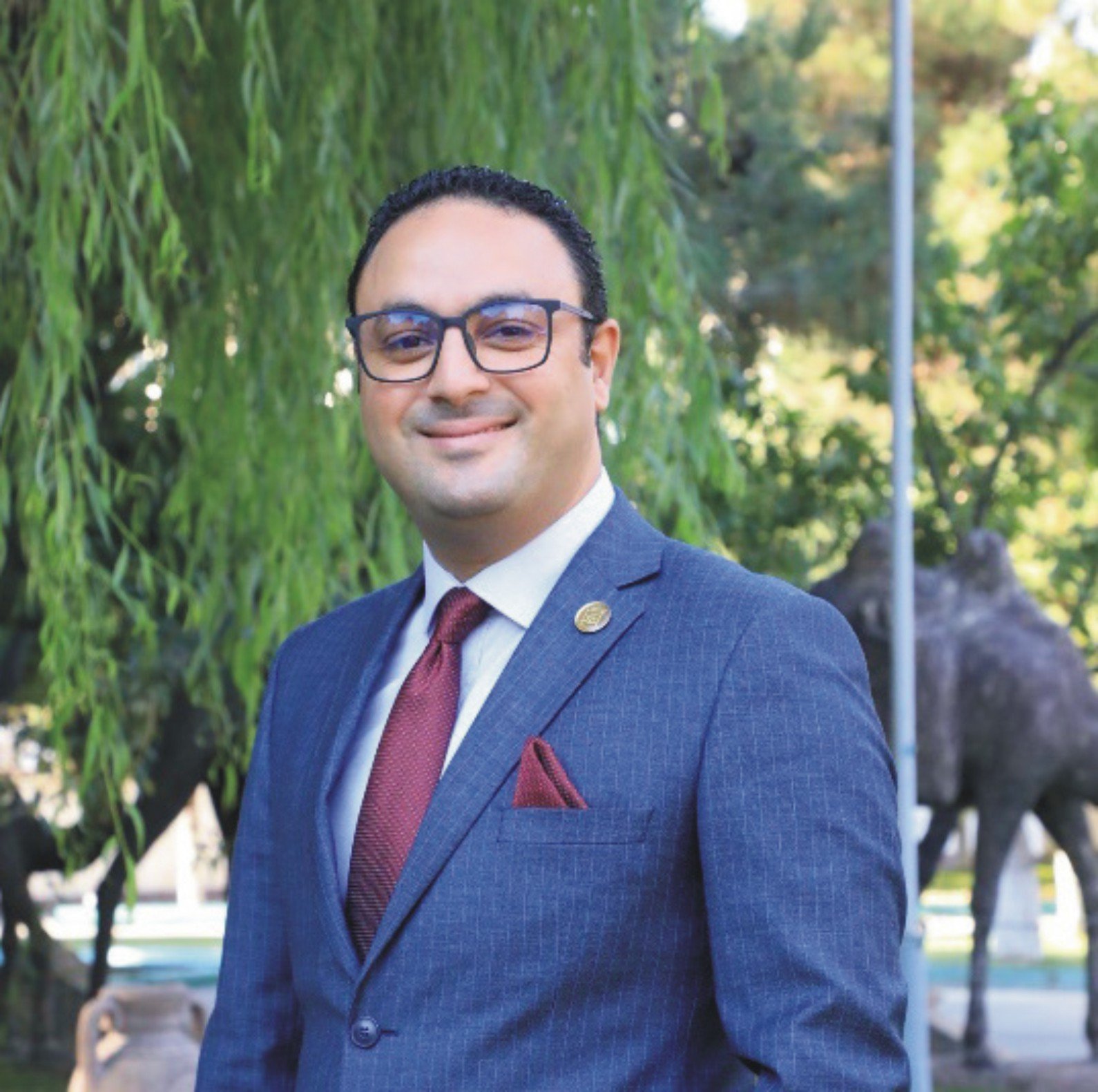Optimizing public expenditure management for sustainable development in uzbekistan
##plugins.pubIds.doi.readerDisplayName##:
https://doi.org/10.5281/zenodo.14541229Ключевые слова:
public expenditure management, sustainable development, human capital, poverty reduction, economic reforms, regression analysis, education, healthcare, infrastructure.Аннотация
This study investigates the critical role of public expenditure management in enhancing
service delivery and fostering sustainable development in Uzbekistan. Efficient management
of public resources is essential for aligning expenditure with key development sectors such as
education, healthcare, and infrastructure, particularly as the country navigates significant economic
reforms. The analysis employs regression models to evaluate the impact of public spending
on human capital formation, poverty reduction, and social resilience. The research draws upon
government and international datasets to assess trends and outcomes in key sectors, providing
evidence-based policy recommendations to optimize resource allocation. The findings highlight
the importance of targeted investments in education and healthcare, emphasizing the need for
transparent budgeting and governance mechanisms to achieve long-term economic and social
development goals.

Опубликован
Выпуск
Раздел
Лицензия
Copyright (c) 2024 MUHANDISLIK VA IQTISODIYOT

Это произведение доступно по лицензии Creative Commons «Attribution» («Атрибуция») 4.0 Всемирная.